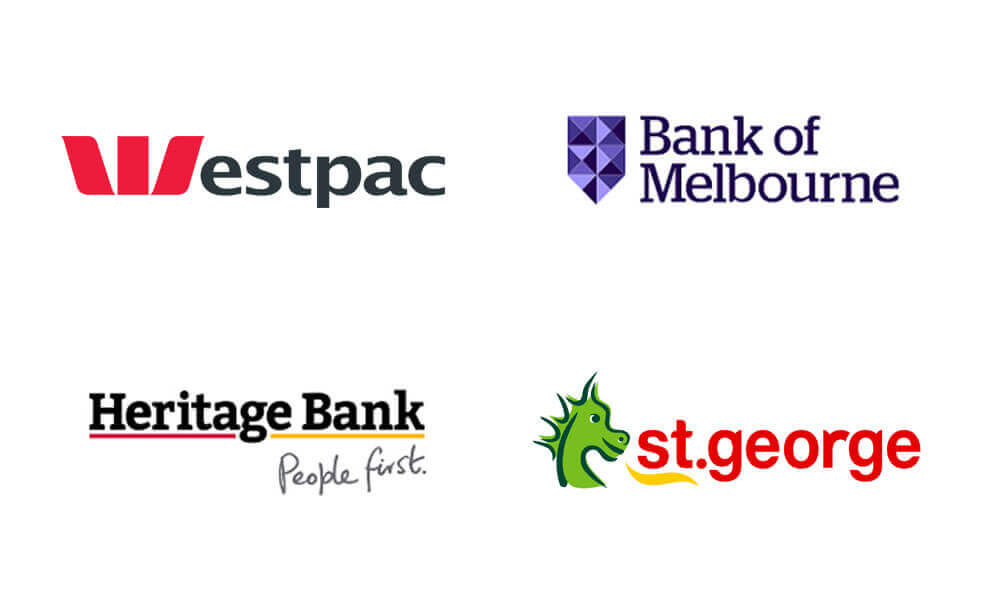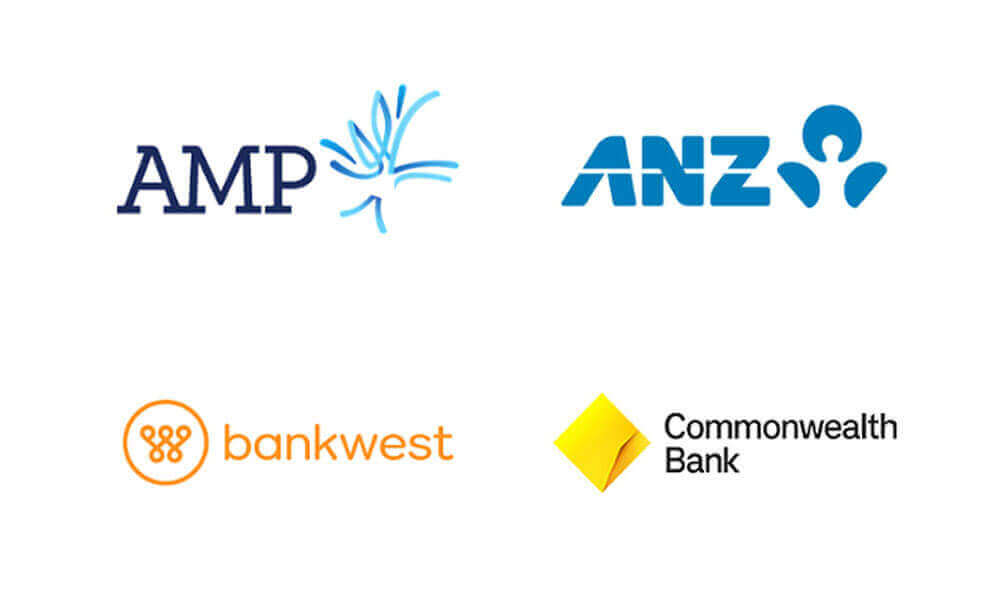
A Pre-tax time checklist for property investors
Sorting through bundles of receipts to work out your allowable deductions isn’t anyone’s idea of…

Learning how to invest in property like a pro takes time, and if you’re new to the game, it’s easy to make rookie errors.


Here are 4 common mistakes to avoid when buying your first investment property.
As a first-time property investor, it’s important to have a solid understanding of both the initial purchasing costs you’ll be up for, as well as the ongoing costs of maintaining an investment property.
Examples of ongoing costs may include council rates, water bills, land taxes, body corporate fees, property management fees and insurance. You should also factor in contingency funds for things like repairs and maintenance.
Before you go ahead and purchase, do up a budget and include all of these types of expenses. Better yet, speak to us and we’ll help you create a budget and plan accordingly.
A rental guarantee is when a vendor or developer guarantees a certain rental income for a set period. Sounds peachy, right? Not always.
The problem with these is that the price of the rental guarantee is often built into the purchase price. So, in effect you may be paying for the guaranteed rent yourself via an inflated purchase price.
The guaranteed rent may also be at above market rates to make it sound more enticing. However, when the contract is up, you’ll be left with a lower rental return – or maybe no rent at all.
Meanwhile, lenders may use the market rent, rather than the guaranteed rent, when assessing your eligibility for a loan.
To avoid falling into a rental guarantee pitfall, it’s important to do your own research thoroughly – don’t just take the vendor’s word for it.
Buying off the plan works for some investors, but it can be risky. For one, the developer may not construct the property on time or at all, or they may deliver something sub-standard.
Another potential problem with buying off the plan is that you can run into issues with securing finance. Some lenders may offer conditional approval (finance in principle) for off-the-plan purchases before construction starts, but they won’t actually loan you the money until the property has been constructed and they have performed a valuation on the finished product.
At this point, the property may not be valued by the lender at the price you’ve agreed to pay once it is completed. This can make it difficult to secure the finance you need to complete the sale, which may cause you to lose your deposit, or you may have to sell it quickly at a loss.
Your financial position and ability to service the loan could also change drastically between the time you agree to buy, and when you actually purchase the property. There may be market falls and interest rate rises (as we’ve seen recently) that could affect your borrowing ability.
As a first-time investor, understanding all the ins and outs of buying a property can be tricky. From finding the right property to suit your investment goals to securing a home loan meets your specific needs, the process can be a bit of a minefield.
That’s where we can help. A mortgage broker will do the hard yards for you, from explaining your borrowing capacity and creating a purchasing budget, to providing expert advice about the right loan product and structure for your specific investment strategy, financial situation and goals.
To get started on your property investment journey, get in touch. We’re here to help.

Sorting through bundles of receipts to work out your allowable deductions isn’t anyone’s idea of…

Are you new to the world of property investing? If you’ve ever felt perplexed by…
We can help get you into your new home.
We’ve worked with clients across Australia to access the different first home owner grants (FHOG) as well as the various stamp duty and other concessions that may be available depending on which state you are in. We can talk you through your various options as well as helping you compare things like buying vacant land vs. an established home.
Use our online calculators to work out how much you can borrow, loan repayments, stamp duty and lots more.






